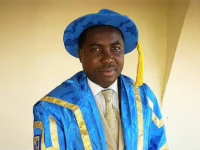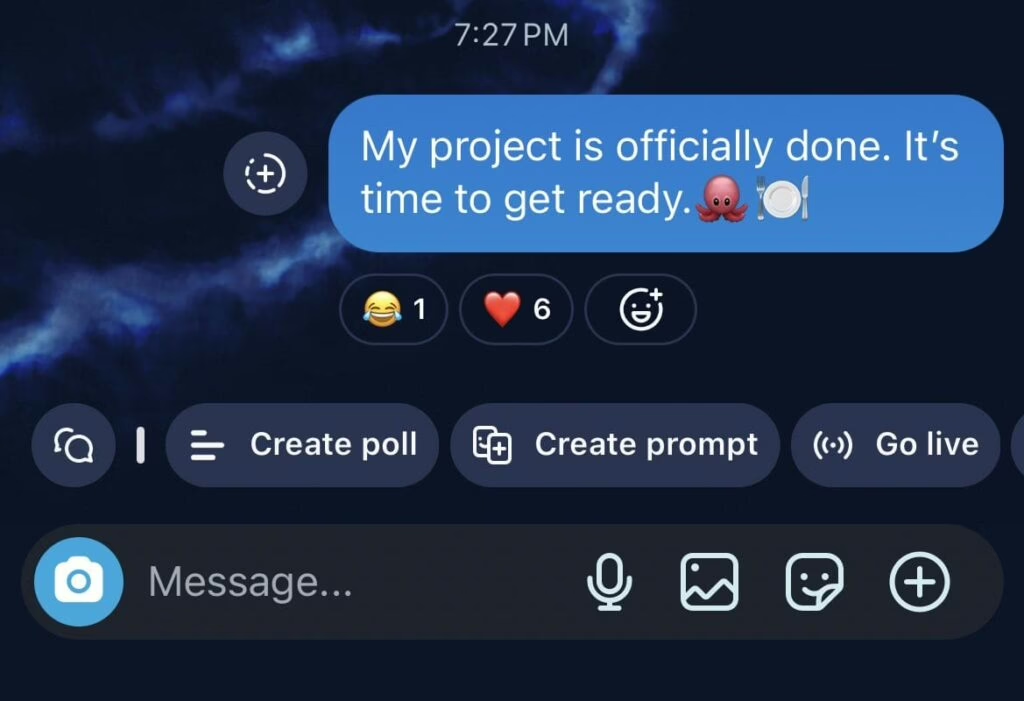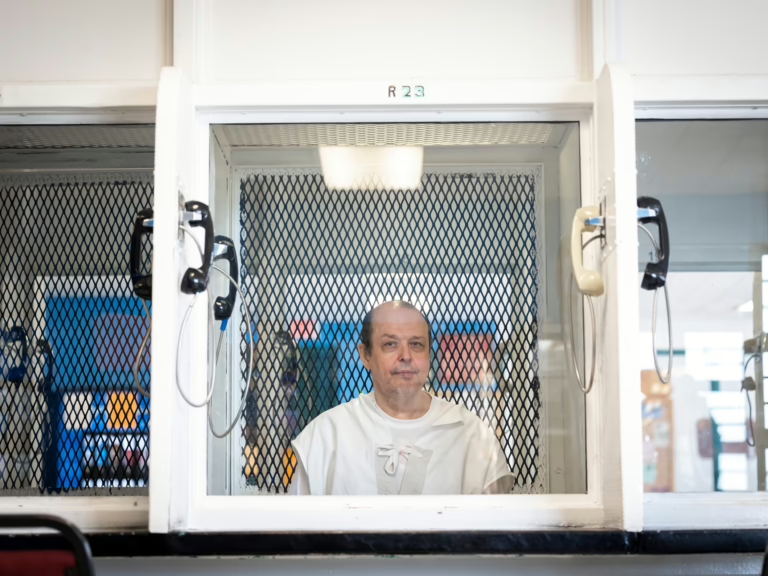A Texas court has granted a stay of execution for Robert Roberson, whose 2003 conviction for murder has sparked significant debate over the reliability of “shaken baby syndrome” as a medical diagnosis.
This ruling came just one week before Roberson’s execution, originally scheduled for October 16.
Recommended Stories
list of 3 itemsend of list
Roberson, a 58-year-old man with autism, was accused of causing the death of his two-year-old daughter, Nikki Michelle Curtis, in January 2002 after bringing her to the emergency room unconscious.
He has consistently maintained that Nikki was ill and had fallen from her bed during the night. However, prosecutors contended that her head injuries were the result of “shaken baby syndrome,” a diagnosis that gained prominence in the late 1990s as an indicator of infant abuse.
In recent years, the validity of shaken baby syndrome has been increasingly questioned, as medical experts highlight that symptoms such as brain swelling and retinal bleeding can stem from various other medical conditions.
Roberson’s defense argued that Nikki had been battling chronic pneumonia prior to her death and that the medications administered to her, including codeine, played a role in her passing.
The Texas Court of Criminal Appeals, in its Thursday decision, agreed to halt Roberson’s execution, citing parallels with a similar case that was overturned earlier in 2024.
Judge Bert Richardson, in his concurring opinion, emphasized the tension between the irreversible nature of capital punishment and the evolving landscape of scientific knowledge.
“Our justice system must carefully balance the finality of verdicts with the accuracy informed by ongoing scientific advancements,” Richardson wrote. “A death sentence is irrevocable, and once executed, there is no opportunity for reconsideration. Therefore, the highest standards of certainty must guide such decisions.”
However, the court’s ruling was limited to reopening Roberson’s habeas corpus petition, which challenges the legality of his imprisonment, without reopening the entire case. This restraint led to partial dissent among some judges.
Judge David Schenck argued that the emergence of new evidence over the past two decades necessitates a new trial, stating, “The constitutional mandate requires a fresh examination of Roberson’s claims, which would be more appropriately and expediently handled by a jury.”
He further noted that a retrial would allow Texas to present its case anew, ensuring a fair assessment of the facts.
Conversely, some judges opposed reopening the case, asserting that despite changes in medical consensus, credible scientific evidence still supports the possibility that shaking a child can cause fatal injuries.
Judge Kevin Yeary remarked, “There remains arguably reliable scientific data indicating that shaking an infant can result in severe harm or death.”
Roberson’s case has faced multiple delays; he has been on death row for nearly 23 years and was previously scheduled for execution in October 2024.
That execution was postponed following a rare conflict between the Texas legislature and judiciary. A bipartisan Texas House Committee on Criminal Jurisprudence issued a subpoena for Roberson after his scheduled execution date, raising constitutional questions about separation of powers-specifically, whether a witness could comply with a legislative subpoena if executed beforehand.
The committee argued that a 2013 Texas law prohibiting “junk science” in court had not been properly applied in Roberson’s trial.
The dispute escalated to the Texas Supreme Court, which stayed the execution pending resolution. Given Texas law requires at least 90 days’ notice before executions, this resulted in an extended delay.
Following appeals by Roberson’s defense, a new execution date was set for this month on July 16.
Texas Attorney General Ken Paxton, a Republican, has criticized those opposing Roberson’s execution, accusing them of obstructing capital punishment proceedings and vowing to proceed with the sentence.
Notably, individuals involved in the original investigation have since expressed support for Roberson’s appeal. Brian Wharton, the lead investigator, who once testified for the prosecution, told the Texas House committee last year that he believes Roberson is innocent.
“We are on the verge of executing an innocent man,” Wharton stated.
Additionally, a juror from Roberson’s trial published an opinion piece in the Houston Chronicle, admitting she regrets her verdict.
Terre Compton wrote, “Had we been aware of the new evidence regarding Nikki’s undiagnosed pneumonia, the effects of medications like Phenergan and codeine on her breathing, signs of sepsis, and the flawed shaken baby syndrome theory used at trial, our deliberations would have been very different.”
“With all that has emerged since the trial, I am fully convinced that Robert Roberson did not kill his daughter.”
Since 1982, Texas has executed 596 individuals, the highest number of any state in the U.S.





















